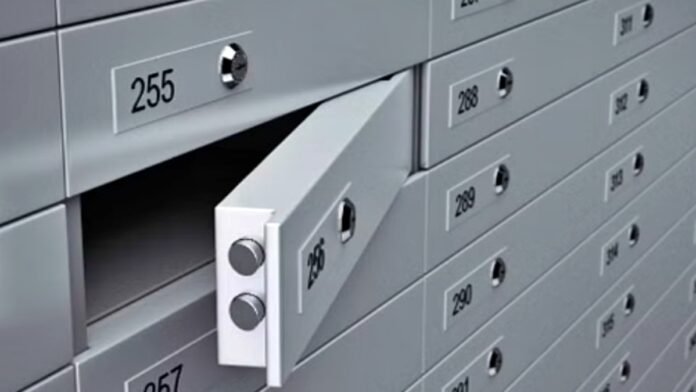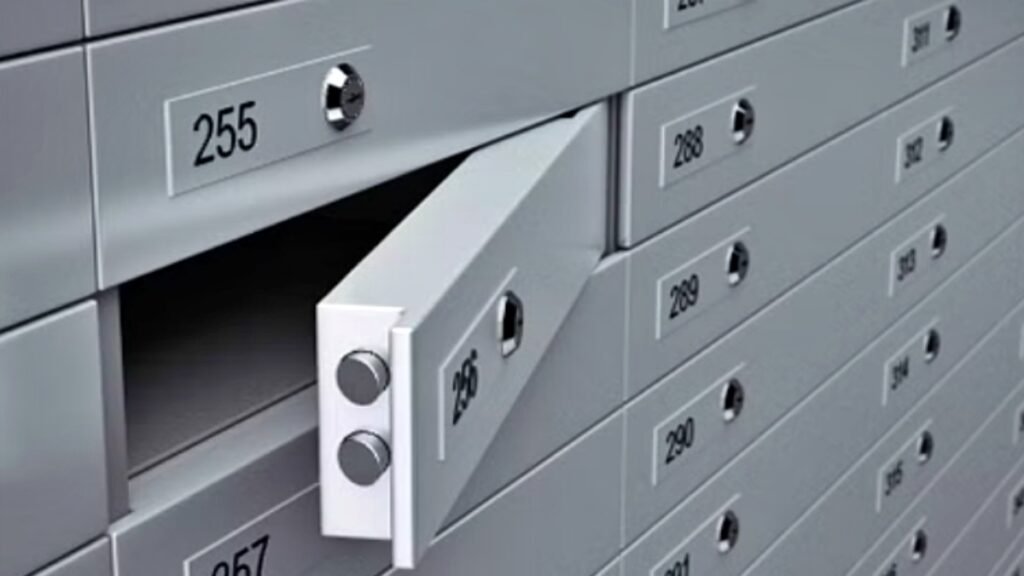
New Delhi: If you have a locker in any bank or you are planning to get a locker, then this news is very important for you.
Bank will no longer turn away from responsibilities
Let us tell you that from the new year i.e. January 1, there are going to be changes in many of the Bank Locker Rules, which will be visible from January 1, 2023. According to the revised notification of RBI, after the implementation of the new rules, the arbitrariness of the banks will be curbed and at the same time, they will not be able to shirk their responsibility in case of loss to the customers. Banks are sending information via SMS; State Bank of India (SBI) and Punjab National Bank (PNB) along with other banks of the country are informing their customers about these changes.
What will be the change?
Due to the major changes taking place in such a situation, now these banks are sharing information about the new rules through SMS on the registered mobile numbers of their customers. It is being said in these that till January 1, 2023, the locker agreement will be renewed with the existing locker customers. In such a situation, bank locker customers have to ensure that they have signed a new agreement. It is written in the message of Punjab National Bank (PNB) that ‘According to RBI guidelines, the new locker agreement is to be executed before 31 December 2022.

Such big changes will happen from January 1
According to the information received, it has been said by the Reserve Bank of India (RBI) that according to the new rules, it will be necessary for the banks to show the list of empty lockers and the waiting list. Apart from this, banks will have the right to charge locker rent from customers for a maximum period of three years at a time. The biggest thing is that in case of loss to a customer, it will no longer be possible to withdraw citing the bank’s conditions, rather the customer will be fully compensated. Thus this decision has been taken in the interest of the customers.
Banks will no longer be able to withdraw citing conditions
In such a situation, it should be known that according to the revised rules of RBI, banks will have to ensure that no unfair condition is included in the locker agreement made by them so that the bank can easily walk away if the customer is at a loss. Actually, RBI has made this change in the rules to protect the interests of bank customers. Many times it is seen that the banks shirk their responsibilities by citing the conditions mentioned in the agreement, and the customers have to face difficulties.
Understand the locker agreement like this
To understand the Locker Agreement in simple words, let us look at the agreement of Punjab National Bank (PNB). Accordingly, while allotting a locker to a customer, the bank enters into an agreement with that customer. Under this, the customer who is given the locker enters into this agreement on duly stamped paper. A copy of the locker agreement signed by both parties is retained by the hirer of the locker, while the original copy remains with the branch of the bank in which the given locker is located.
Bank will compensate customers
In case of any damage to the contents of the Locker due to the negligence of the Bank, the Bank shall be entitled to make payment as per stipulations. According to RBI, it is the responsibility of the banks to take all steps for the security of the premises which have lockers. It is the responsibility of the Bank to ensure that the loss is not caused by fire, theft/robbery, or building collapse in the Bank’s premises due to its own lapses, negligence, and any lapse/commission.
Bank will not be responsible for these reasons
As per the revised guidelines, the Bank shall not be liable for any damage or loss of locker contents due to natural calamities or acts of God like earthquake, flood, lightning, or storm-storm or due to the sole fault or negligence of the customer. Apart from this, before the end of the day, banks will be required to send an alert to the customer’s email ID or their registered mobile number, informing them about the date, time, and possible remedies in the event of unauthorized locker access.







































